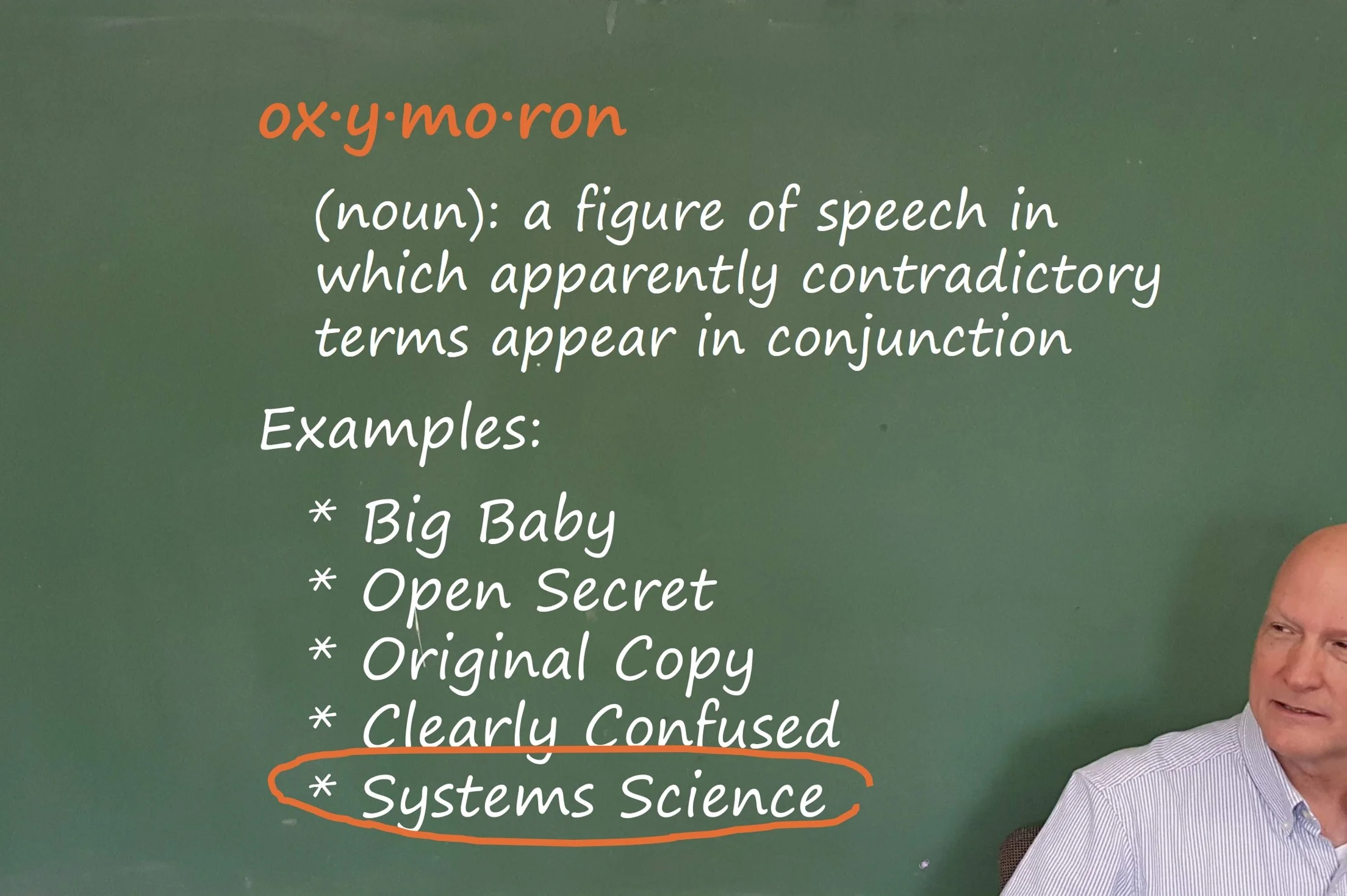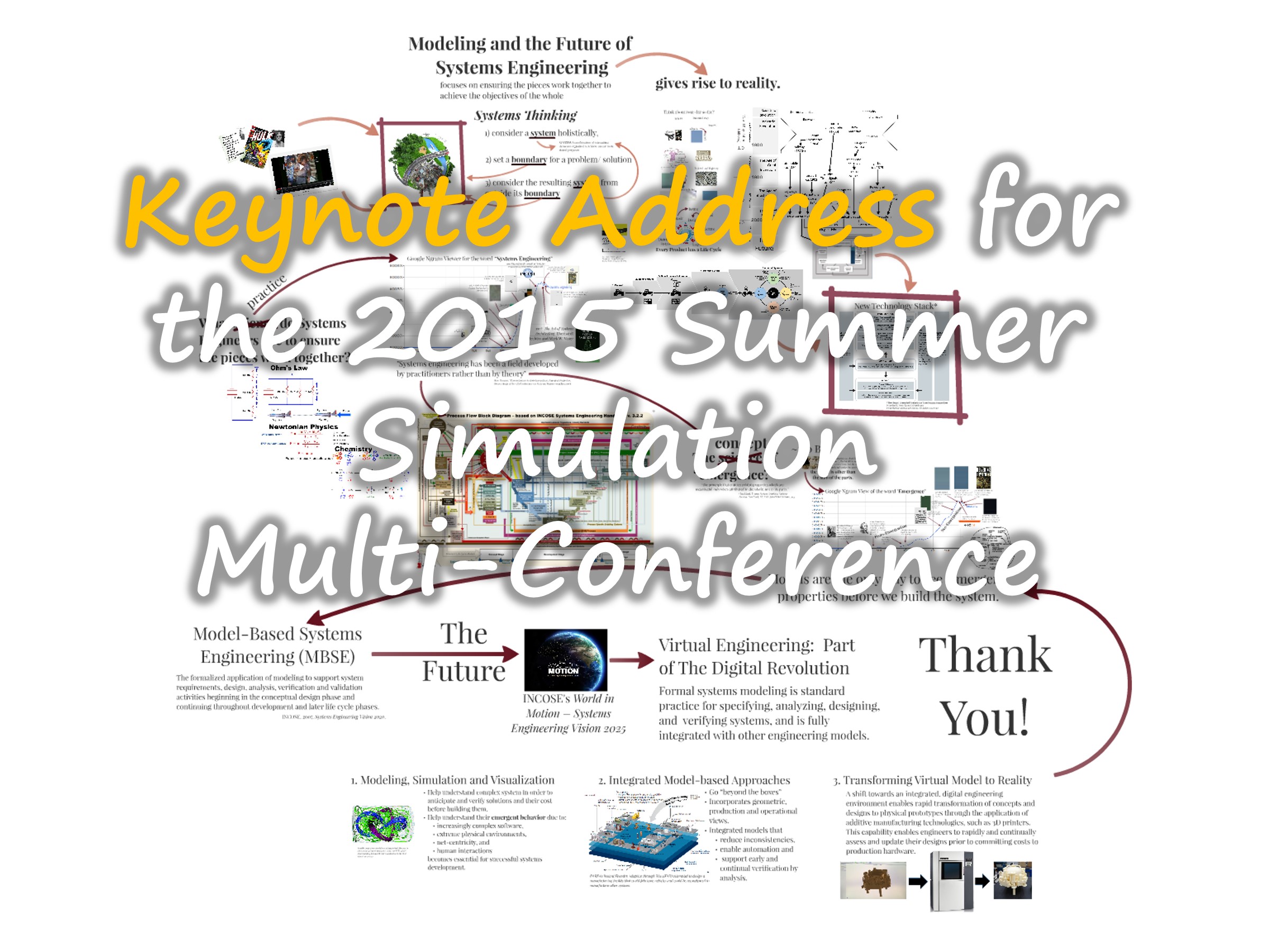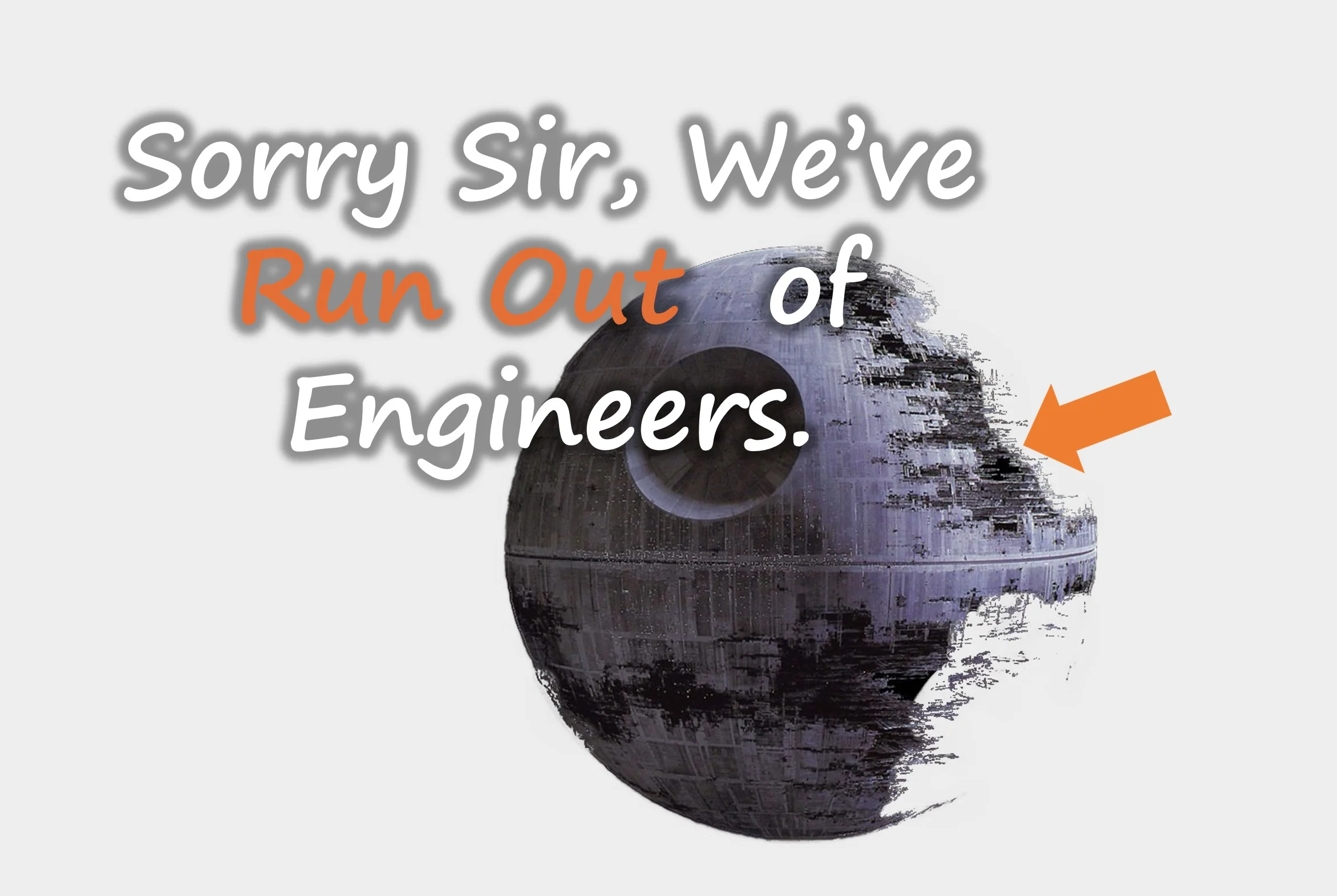Science and Systems Engineering revisited
In my last post, “The Science of Systems Engineering,” I got some comments that indicated that a few readers thought I was saying, “Systems Engineers don’t use Science to ply their trade.” What I was actually saying is “Systems Engineering lacks a science.” In other words, the more domain oriented engineering specialties (Electrical, Chemical, Mechanical, ...) all have a knowledge base that is based on the “scientific method.” In other words, scientific principles that are found via the scientific method of “reductionism, repeatability, and refutation” [1]. Systems Engineering does NOT have a knowledge base based on the “scientific method.”
In my last post I quoted the first part of the Systems Engineering definition from the INCOSE Handbook. Now let’s look at it in its entirely:
““Systems engineering is an interdisciplinary approach and means to enable the realization of successful systems. It focuses on defining customer needs and required functionality early in the development cycle, documenting requirements, and then proceeding with design synthesis and system validation while considering the complete problem: operations, cost and schedule, performance, training and support, test, manufacturing, and disposal. Systems engineering integrates all the disciplines and specialty groups into a team effort forming a structured development process that proceeds from concept to production to operation. Systems engineering considers both the business and the technical needs of all customers with the goal of providing a quality product that meets the user needs.””
As you study this definition in detail you’ll notice it concentrates on process activities. Not applying scientific principles. I do acknowledge that by the fact we "integrate all the disciplines and specialty groups" we will use some scientific principle from a particular engineering domain that we may be an expert in. But at the Systems Engineering level, it’s all about synthesis and process. -- One of my readers justifiably pointed out that these Systems Engineering activities, highlighted in the INCOSE definition, can be done by “clerks” not engineers. This may be a contentious viewpoint but when it comes to process, it may not be that far off. But it is the “design synthesis” where the experience Systems Engineer is needed.
Notice that I haven’t even mentioned “Systems Science” yet, although I did mention each term individually. In order to get to the oxymoronic nature of that term, we need to delve into all the terms that apply to “System Science” in order to better understand the self-contradictory nature of this scientific discipline.
Coming to term with terms
Science: let’s start with a term that can be very misunderstood. In the popular imagination, it is science that got us to the a-bomb and a man on the moon. There’s even a book called, “Better Living Through Science.” And Science and Technology are always thrown together to explain the marvels of the modern age.
The confusion comes from mixing up this branch of knowledge that documents the scientific results that come about from a scientist employing the scientific method. The scientific method is the key to uncovering any new knowledge with testable explanations and predictions about structure and behavior of the physical and natural world. As I mentioned before, this requires of “reductionism, repeatability, and refutation” [1].
I’d like to focus on the term reductionism, because it is the key to understanding why “Systems Science” consist of conflicting terms. Reductionism can be traced back to 1637 when Descartes in his famous work, Discourse on Method [2] explains,
“divide all the difficulties under examination into as many parts as possible, and as many as were required to solve them in the best way.”
This approach to science explains another term, analysis — the separating of any material or abstract entity into its constituent elements. Science requires reductionism and analysis. Keep that in mind as we study the next term ...
Systems: A simplistic explanation of a system can be “a bunch of parts that work together in order to do something.” A more formal definition is in the INCOSE Systems Engineering Handbook [3], “… an integrated set of elements, subsystems, or assemblies that accomplish a defined objective.”
As far back as 325 B.C., Aristotle observed “the whole is greater than the sum of the parts” [4] pointing to the fact that system properties will manifest only when components interact with one another. So to study systems requires embracing the holistic nature of the thing you’re studying. This is the opposite of reductionism, it is called synthesis — the combining of the constituent elements of separate material or abstract entities into a single or unified entity. So studying systems requires holism and synthesis.
Conclusion
Systems: holism and synthesis DOES NOT equal Science: reductionism and analysis. As you can see this combination of words have opposite or very different meanings, the very definition of oxymoron. Thus proving my point,
Systems Science is an oxymoron.
But even so this does not denigrate the work of the Systems Scientist. Through the Systems Sciences we have chaos theory, complex systems, systems dynamics, control theory, cybernetics, sociotechnical systems theory, systems biology, systems ecology, systems psychology and General Systems Theory.
It just requires different approach to obtaining knowledge and theories about systems. This approach can’t use the scientific method of “reductionism, repeatability, and refutation” but needs a new method, maybe “holism, repeatability, and refutation.” This indeed is a paradigm shift - taking a chaotic universe from a “set of phenomena with laws established by reductionist experimental approach” to one that sees the universe as “complex interacting wholes called ‘systems’”
References:
[1] Checkland, Peter. Systems Thinking, Systems Practice. Chichester: J. Wiley, 1981. page 51
[2] Descartes, René. A Discourse on the Method of Correctly Conducting One's Reason and Seeking Truth in the Sciences. 1637. Part 2
[3] Walden, David D., et. al.. Systems engineering handbook: a guide for system life cycle processes and activities. Vol. 4.0. Hoboken, NJ: Wiley, 2015.
- [4] Aristotle, Metaphysics. 325 B.C. Book H 1045a 8-10



















